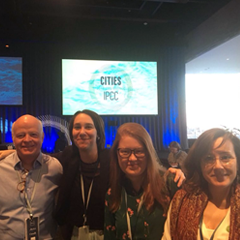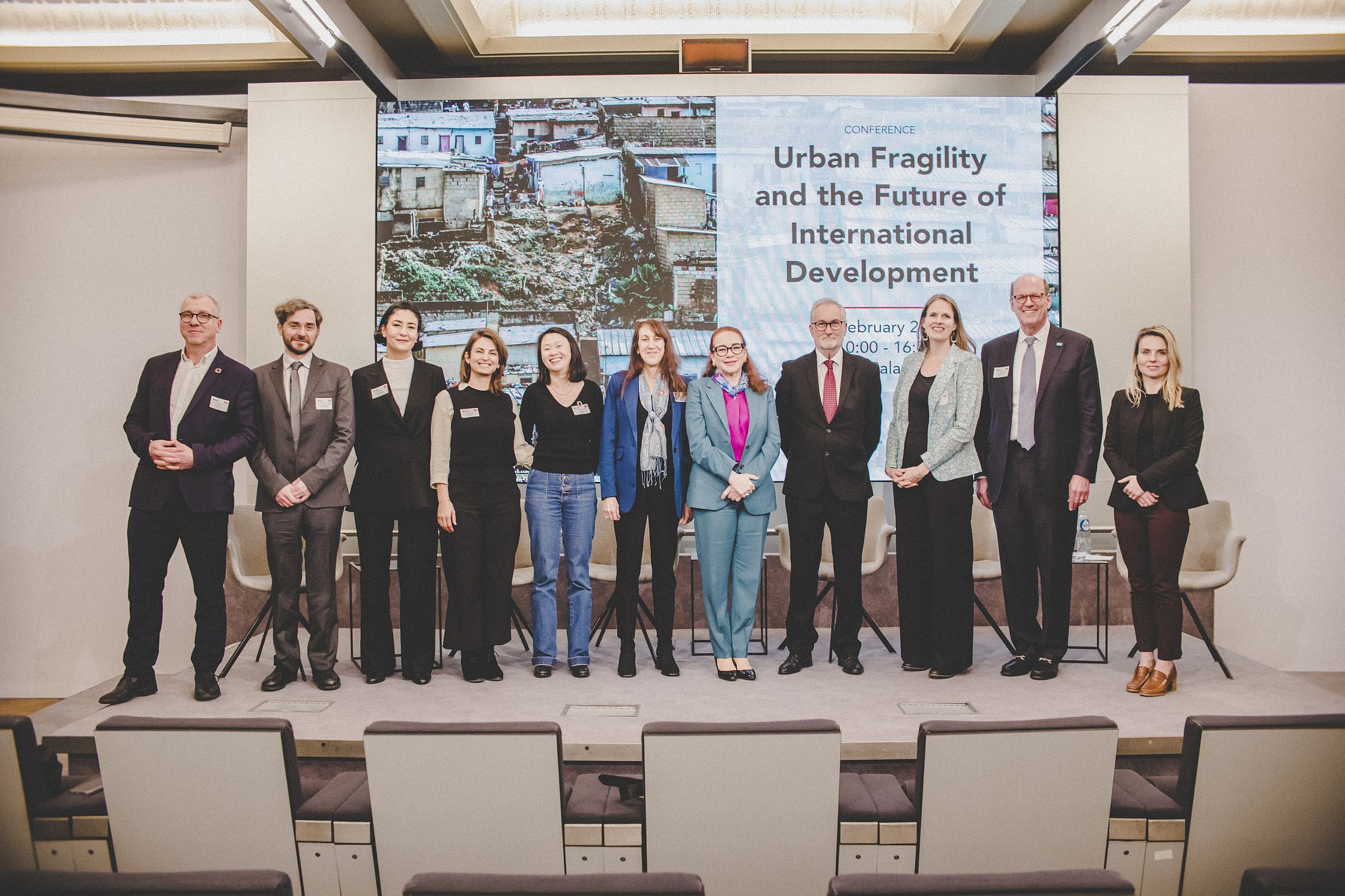We need to be more open to various types of knowledge, and more creative in using them to tackle development challenges such as climate change.
By Ekaterina Perfilyeva, Cities Alliance Innovation Intern
[22 May 2018] -- When we in the urban development community think about knowledge, we tend to think about white papers, peer-reviewed publications, and other trusted sources – all excellent resources with important insights. But are we missing something by staying in our traditional, peer-reviewed comfort zone? What about other sources of knowledge, such as talking to locals, local media, or routines?
I was lucky to be part of multidisciplinary master’s degree that emphasised using different types of knowledge to solve complex sustainability problems, but in the working world it is easy to fall back on traditional knowledge. From time to time, we need to remind ourselves to think beyond our boundaries and see what knowledge we are missing that could improve our work in development.
This concept struck me at the Cities and Climate Change Science (CitiesIPCC) Conference in Edmonton, Canada earlier this year, which the Cities Alliance co-organised. As the first high-level conference focusing specifically on the role of cities in climate change and the science behind it, CitiesIPCC was a truly innovative event. It brought all different kinds of people together – scientists, practitioners, policy makers, private sector representatives, and academics – around the issue of cities and climate change. It was the perfect environment to build bridges between different working modalities and find new knowledge.
CitiesIPCC emphasised that knowledge is not, and should not always be, created by scientists. Knowledge is found everywhere – in city management, local communities, and private sector activities in different forms and expressions. At the same time, it can be found and generated by a variety of stakeholders, including academic institutions, city governments, urban planners, local business owners, and informal settlement dwellers.
So why don’t we use different types of knowledge to generate new science and action on climate change, and stop relying on organisations such as the Intergovernmental Panel on Climate Change (IPCC) to produce knowledge for us? Is it time to look back at our own work as urban practitioners and see what knowledge we can find in cities where we work and how it can inform climate action?
Being among representatives of different communities and disciplines at CitiesIPCC – all united by the common goal of studying cities and climate change – made me think that we need to remind ourselves to go beyond the traditional and seek out new sources of knowledge.
For example, when it comes to climate adaptation in the urban South, this could mean talking to locals and being guided by international experts. Or, using city-level data to feed scientific evidence on climate change, and vice versa. We could look for knowledge in other cities across the ocean, to apply and scale it to different contexts. In cities all over the world, there are countless opportunities to generate new knowledge on climate change, even in cities with very low resources and capacities.
What I believe we need to do is to change our mindset. We need to be more open to various types of knowledge, and more creative in using them to tackle development challenges like climate change. The CitiesIPCC conference was a great start, and I hope that its outcomes – the Research and Action Agenda on Cities and Climate Change, to be published in July, and the official conference report to the IPCC in October – will reflect a broader understanding of knowledge.

The Cities Alliance team at the CitiesIPCC conference in Edmonton. From left: William Cobbett, Director; Julie Greenwalt, Urban Environment Specialist; Ekaterina Perfilyeva, Innovation Intern; and Maruxa Cardama, Senior Policy Specialist.
rom time to time, we need to remind ourselves to think beyond our boundaries and see what knowledge we are missing that could improve our work in development.
Related Items:




